The Gift of South Dakota
Subscriptions to South Dakota Magazine make great gifts!
Subscribe today — 1 year (6 issues) is just $29!
Rethinking South Dakota
Jan 7, 2015
Some BBC filmmakers spent December in South Dakota. No, they weren't being punished with exile. These BBC film-journalists are on the inaugural tour of BBC Pop UP, the new mobile bureau the BBC has commissioned to create snapshots of local life that wouldn't bubble up from their usual big-city bureau coverage.
BBC Pop Up is doing snapshots, not comprehensive sociology. But the three videos they've posted so far paint an interesting outsider’s perspective of our fair state.
First, the filmmakers remind us that, whatever our aspirations to urbanness and urbaneness, we don't cut much of a profile with folks from elsewhere. On their way here, the BBC boys stop in Chicago, where our Governor has been advertising our greatness, and finds folks in the Windy City don't know much about where that wind comes from.
The reporters get to Sioux Falls, look out at the open prairie beyond their back-porch door, and declare themselves (and us) to be in “the middle of nowhere.” It's inconceivable for me to think of anywhere on the edge of Sioux Falls as “the middle of nowhere.” I look out past the Ellis Road and think, “Everything is out there! Hartford, Humboldt, Montrose, and Mitchell! I could turn right and go to Brookings, left and go to Vermillion!” To these guys who've just gotten here for the first time, who don't know the steakhouses and sloughs and happy hunting grounds over the horizon, our prairie paradise is a blank, a mystery, a fearful expanse of oblivion.
Our guests did get out and discover who fills the prairie. They talked to folks at Hy-Vee and found people talking about fitness, Native issues, concerns about Indian children in foster care, teacher pay, opposition to Keystone XL ... not exactly the assortment of issues I'd expect from a random sampling of a supposedly red state.
Beyond Sioux Falls, the roving reporters didn't paint the lefse and lutefisk threshing jamboree state that might first leap to our Scandinavian minds. The BBC team focused on some of the oldest and newest South Dakotans, neither of whom look like the majority.
BBC Pop Up went to Rosebud and Pine Ridge to talk to our Lakota neighbors. Sure, there were photos of Indians on horseback and impoverished houses. But the reporters found a Lakota political activist, a filmmaker, an “alter-Native” rock band (alter-Native... as in alter your perception of Natives?), and other young people sometimes fighting through tears to show their spirit and optimism.
BBC Pop Up then featured the Karen refugees from Burma who have made Huron their home. Perhaps 1,800 of these folks have come to Huron in the last decade, largely to work at the Dakota Provisions turkey plant. The BBC filmmakers captured their hard work, their adjustment to American ways of life and South Dakota weather (one man still forgoes boots as “too heavy” and wears sandals in winter), and their still uncomfortable fit in the community. A white neighbor grouses that over 20 Karen immigrants live in the house next door and — horrors upon horrors! — they killed a hog in their backyard and ate it. (Hey, what you call gross, I call barbecue.)
One month in South Dakota and three short documentary clips can't capture an entire state. But BBC Pop Up's editorial choices for their first coverage here shows an instructive perspective on the South Dakota that most of us living in the prairie soup may not see as clearly as newcomers.
Editor's Note: Cory Heidelberger is our political columnist from the left. For a conservative perspective on politics, please look for columns by Dr. Ken Blanchard on this site.
Cory Allen Heidelberger writes the Madville Times political blog. He grew up on the shores of Lake Herman. He studied math and history at SDSU and information systems at DSU, and has taught math, English, speech, and French at high schools East and West River.

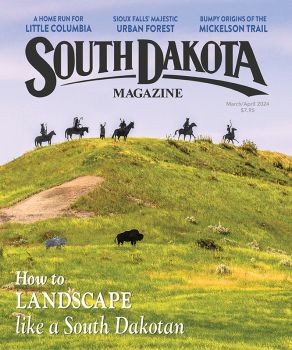

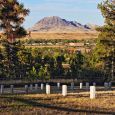
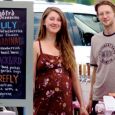


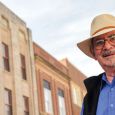

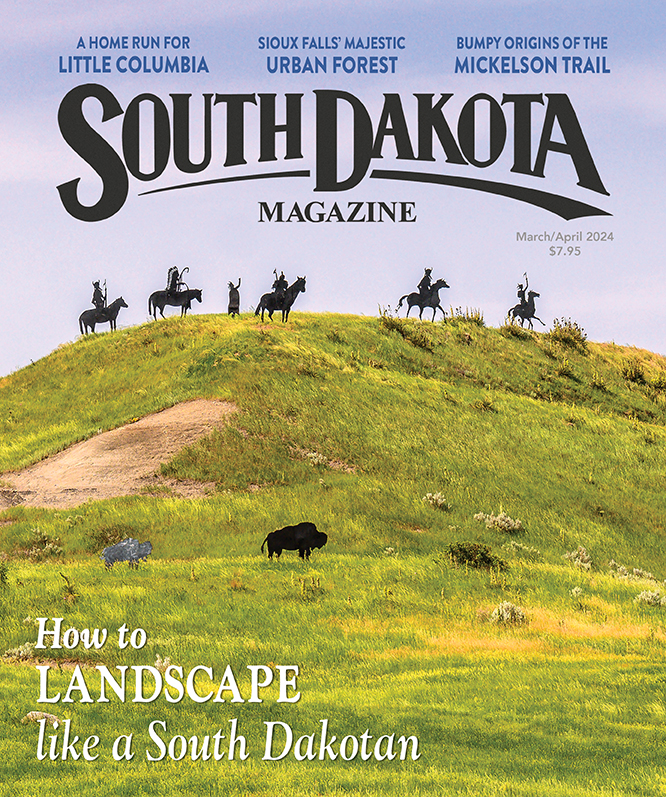

Comments
Would that some powers the giftie gie us
To see ourselves as others see us.
What we see in the mirror is not what we think we see. Look at old photos of yourself and of others and consider what you see now -- weird hairdos and clothes and maybe looking freaky/geeky. It's you, it's me. We are South Dakota.
http://www.bbc.com/news/magazine-30721341